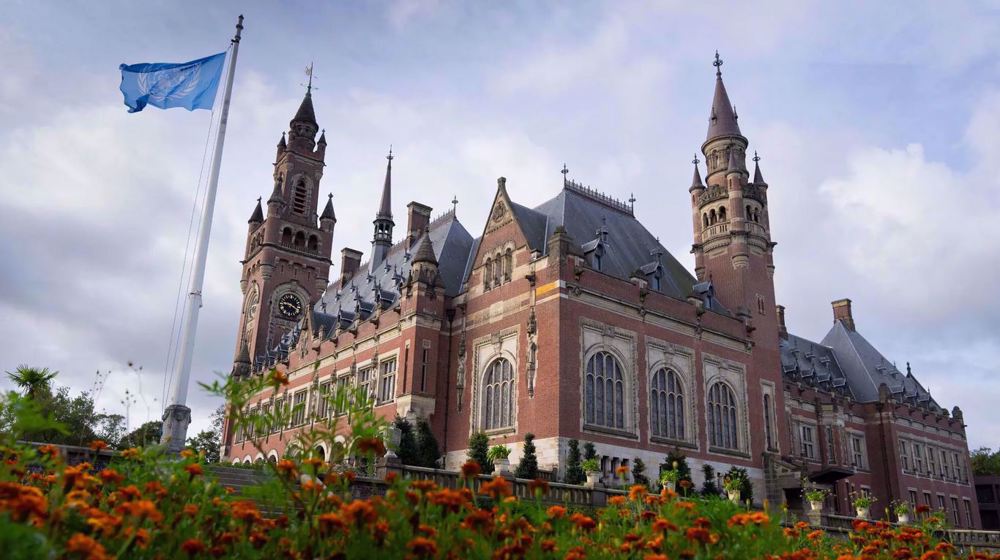Security forces kill at least 14 separatists in DR Congo
At least 14 members of separatist sect Bundu dia Kongo (BDK) have been killed in a series of violent clashes with Congolese security forces in the Democratic Republic of the Congo (DRC).
Police spokesman Pierrot Mwanamputu said in a statement that separatists were killed during clashes in the capital Kinshasa and the southwestern town of Matadi on Monday.
According to the statement, at least 12 BDK assailants in Kinshasa were killed by "stray bullets" fired by security forces to disperse them. The attackers, who were armed with calibre-12 rifles and bladed weapons, also killed one policeman.
A witness told Reuters that assailants wearing red headbands characteristic of BDK members staged the attack on the high-security Makala prison in the capital but did not make it past the front door. "We woke up to the deafening noise of gunshots."
He said he had seen police and soldiers gather several bodies outside the prison walls.
Two other BDK members were killed in Matadi, where three police officers were also injured, he added.
This came after BDK leader Ne Muanda Nsemi, who escaped from prison in May, called on his supporters to rise up this Monday against President Joseph Kabila. Nsemi was arrested in March following clashes between his supporters and police.
The militia aims to revive the pre-colonial Congo kingdom, which thrived for centuries around the mouth of the Congo River.
The latest clashes also followed an attack by BDK members on Kinshasa's main prison and demonstrations by other members against Kabila in Kinshasa, Matadi and the southwestern city of Boma.
BDK demonstrators on Monday held signs that read, "Rwanda for Rwandans. Congo for Congolese. Get out, Kanambe," using a slur to refer to Kabila, whom Nsemi accuses of being Rwandan.
A series of large-scale prison breaks across Congo has aggravated widespread insecurity across the vast central African country over the past few months.

Militia violence in Congo, a tinderbox of conflicts, is linked to land, ethnicity and mineral resources. The wave of violence has been exacerbated by Kabila's failure to step down when his constitutional mandate expired in December.
Kabila's presidential term expired on December 19, 2016, but ruling officials have effectively prolonged his mandate until 2018, claiming that the government would not be able to arrange elections before then.
Joseph Kabila has run one of the world's least developed countries since the 2001 assassination of his father Laurent.
Israeli forces kill 7 more Palestinians in West Bank
Israel’s Netanyahu dismisses military affairs minister Gallant
Hezbollah attacks turn Israel’s Haifa into a ghost town
Iran’s FM meets Pakistani PM, discusses bilateral ties, Israeli atrocities
Iran ramps up gasoline output amid rising demand
UK foreign secretary under pressure over denial of genocide in Gaza
VIDEO | Press TV's news headlines
Hezbollah bombards explosives factory in occupied territories















 This makes it easy to access the Press TV website
This makes it easy to access the Press TV website